Various signs indicate that Bitcoin may take off before the U.S. election
Author: 636Marx
As the 2024 U.S. presidential election approaches, Bitcoin shows signs of an early surge. This expectation stems from historical patterns, market dynamics, and geopolitical factors.
The crypto custody company Cactus Custody has completed Deloitte's SOC 2 Type II audit, meeting security standards in the Asia-Pacific region. Founded in 2019 by cryptocurrency veterans Wu Jihan and John Ge, Cactus Custody operates as a subsidiary of Matrixport, providing digital asset management services covering over 30 blockchains.
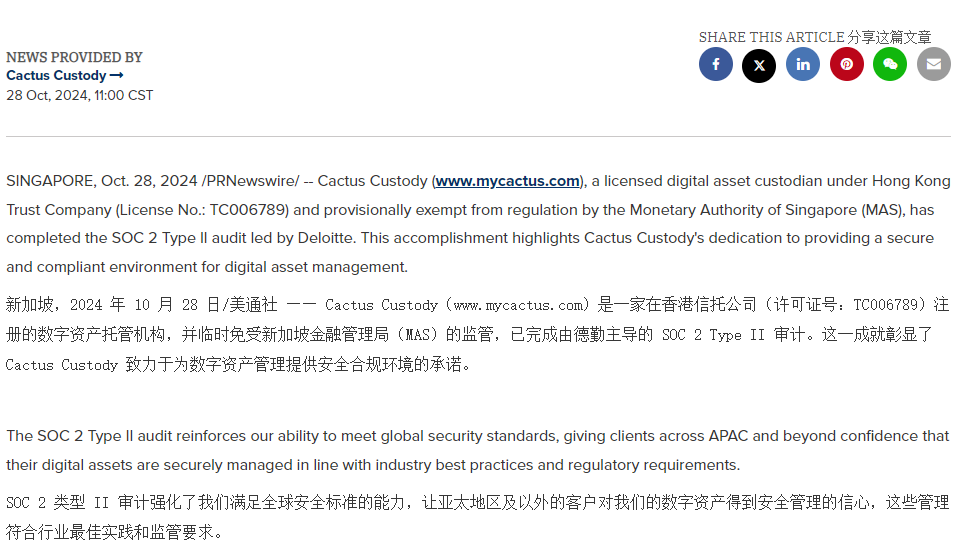
Circle, the driving force behind the U.S. stablecoin USDC, is advancing its initial public offering (IPO) plans. CEO Jeremy Allaire confirmed in an interview with Bloomberg that the company is committed to going public and currently does not require additional funding.
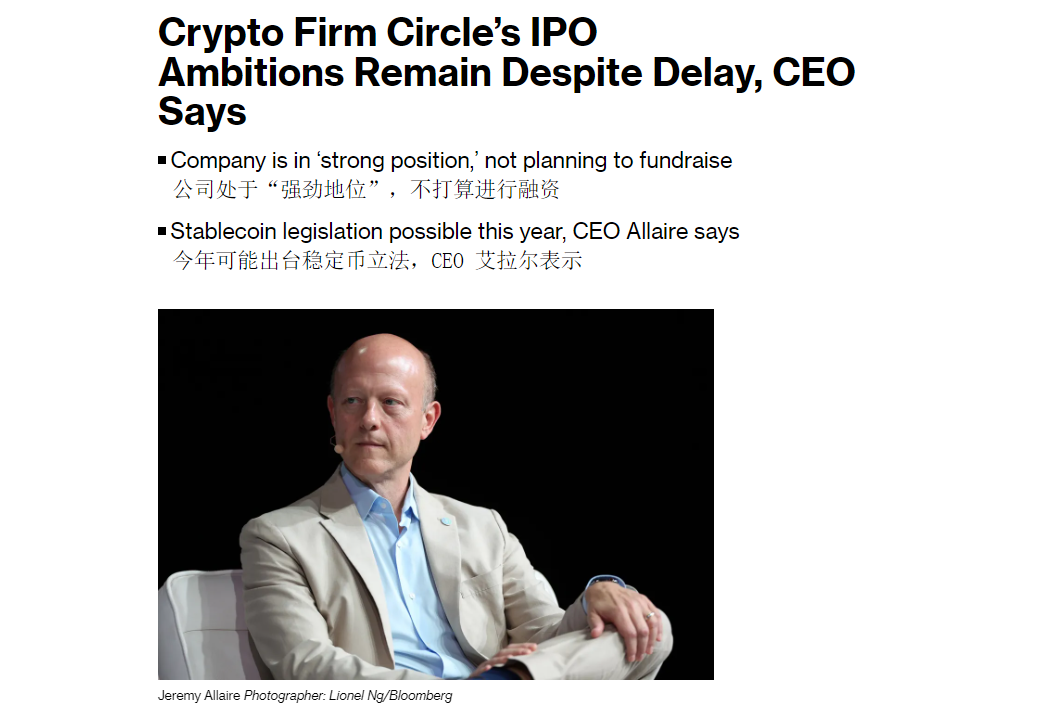
Tokyo-based Metaplanet has acquired over 156 Bitcoins, valued at approximately $10 million. This brings its total holdings to 1,108 Bitcoins (worth $69 million), making it the largest corporate Bitcoin holder in Asia.

Various signs indicate that Bitcoin may rise before the U.S. election
Historically, Bitcoin tends to rise in the months leading up to the U.S. presidential election. This pattern has been observed in previous election cycles, often attributed to increased economic uncertainty and potential policy changes that could affect traditional financial markets. What indicators could serve as potential signals for Bitcoin's rise?
Increased institutional interest: Major financial institutions adding Bitcoin to their balance sheets or offering cryptocurrency-related services to clients.
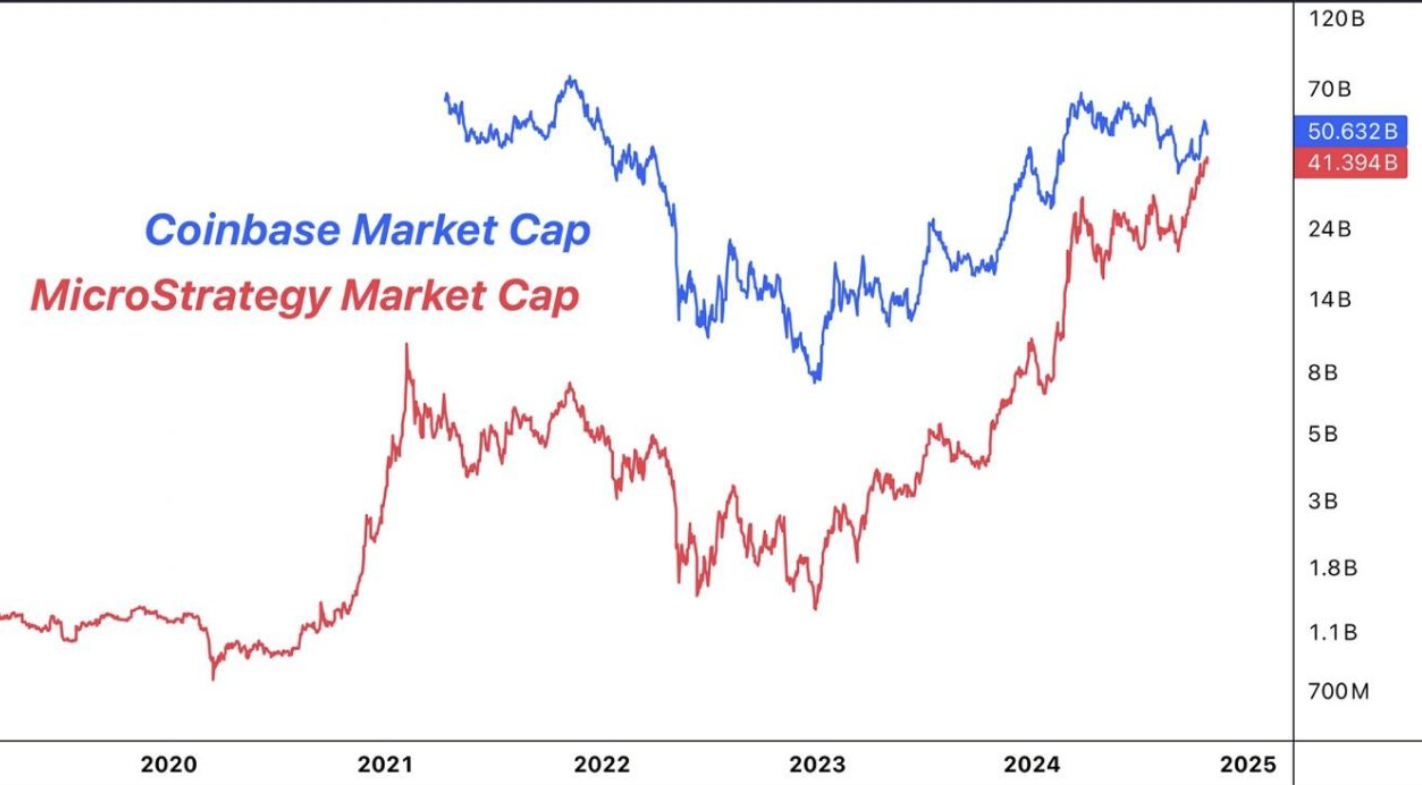
Technical analysis: Key technical indicators, such as the BTC moving average convergence divergence (MACD) and the relative strength index (RSI), technically suggest that Bitcoin has bullish momentum.
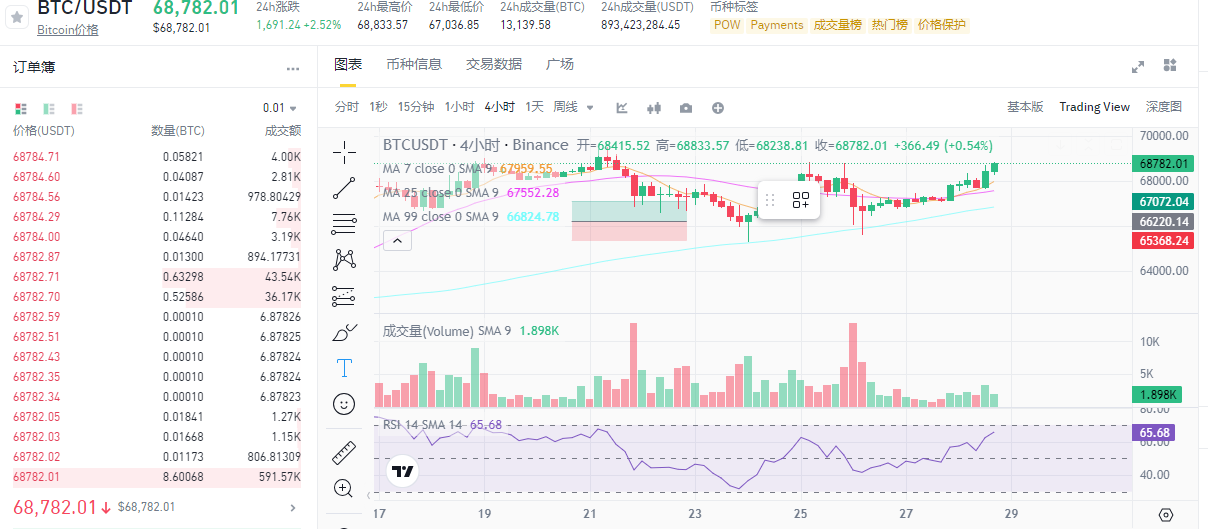
Post-halving effects: The impact of Bitcoin's most recent halving event is still unfolding, with historical data indicating that BTC prices typically rise in the months following a halving.
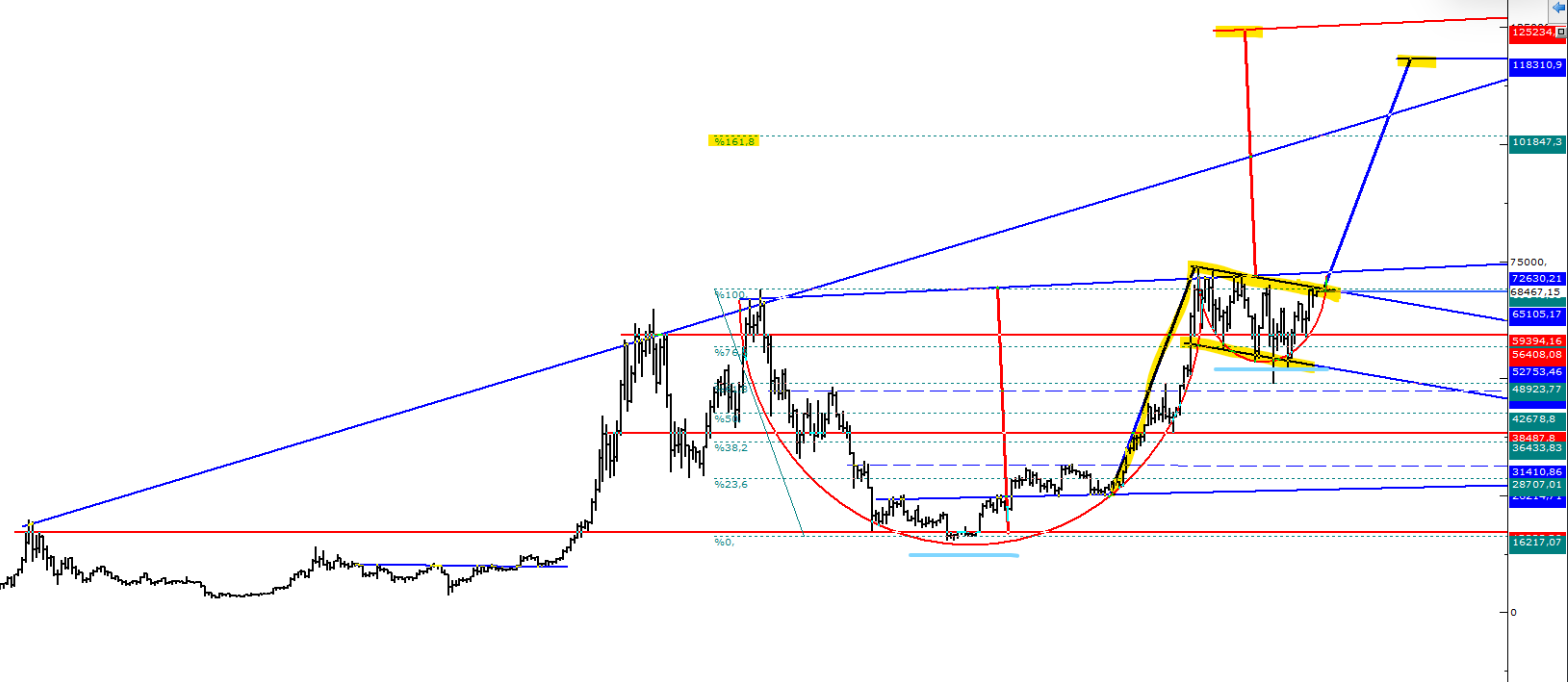
Lastly, the upcoming U.S. election occurs against a backdrop of global economic uncertainty and concerns about inflation in the currency markets.









